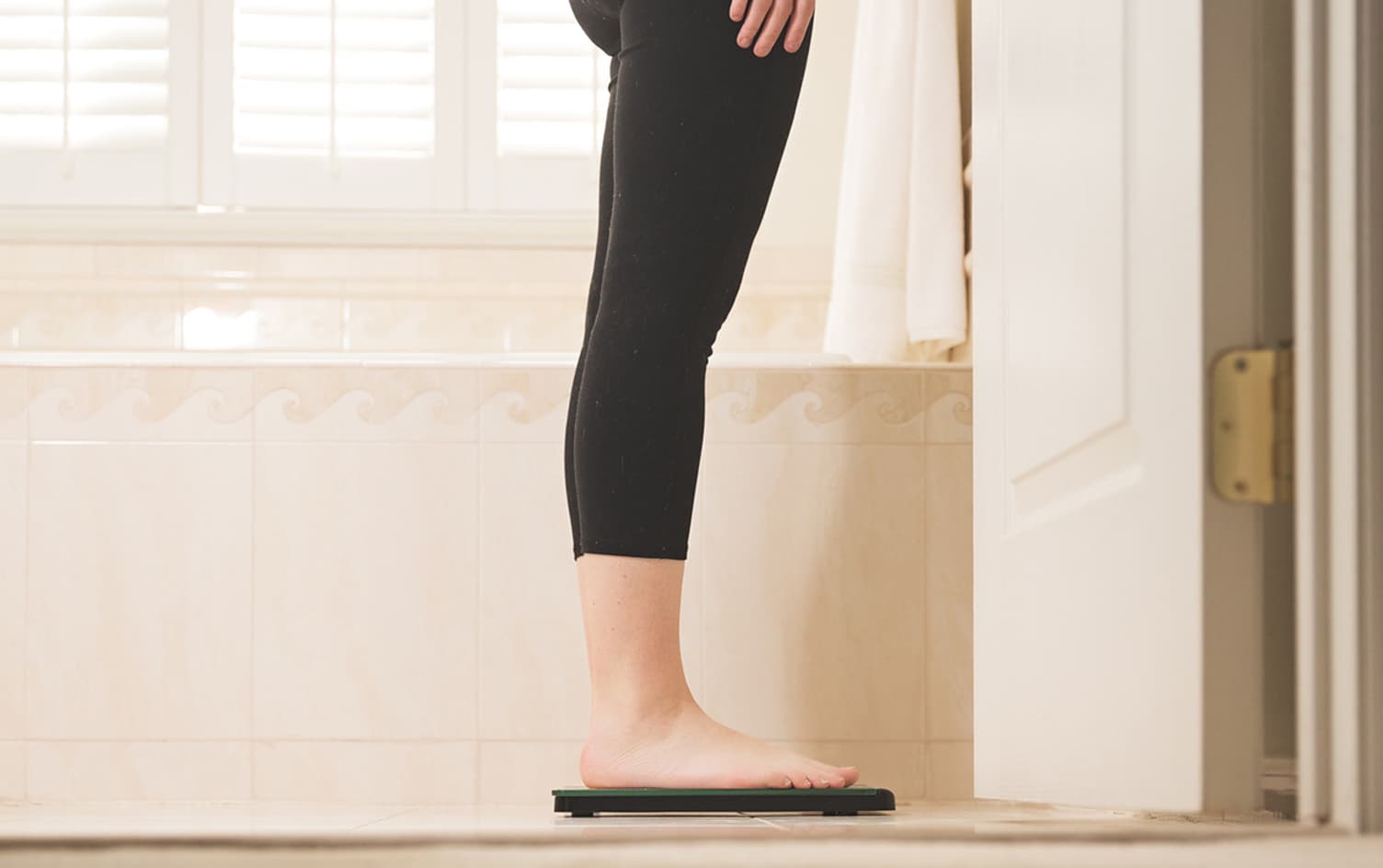If you’ve been diagnosed with hypothyroidism, you might feel relief to finally understand why you’ve been feeling down or have had trouble losing weight, yet still a bit frustrated with the symptoms. You are not alone. Almost 5 out of 100 people 12 years and older have hypothyroidism. The majority are middle-age women, but it can impact people of all ages.
WHAT IS HYPOTHYROIDISM?
Hypothyroidism is one of the main types of thyroid disorders. It occurs when the thyroid gland doesn’t produce enough thyroid hormone resulting in a slower metabolism. In the United States, Hashimoto’s disease is the most common cause of hypothyroidism. With Hashimoto’s, the thyroid gland becomes inflamed because the immune system attacks the gland as if it were a dangerous invader to the body (as it would a virus, bacteria or other germs). As a result, the thyroid gland produces less thyroid hormone.
Less often, hypothyroidism can have a nutritional cause. Being iodine deficient can lead to hypothyroidism because iodine is a critical nutrient for thyroid hormone production. Keep in mind, this cause isn’t as common in the US, where iodine deficiencies are rare.
SIGNS YOU MAY HAVE HYPOTHYROIDISM
Those with hypothyroidism may be more sensitive to cold temperatures, feel fatigued and have difficulty thinking and concentrating. They experience mild weight gain, dry skin, hair loss, muscle cramps and heavy or irregular menstruation. These signs and symptoms can also be the result of a host of other conditions, so don’t self-diagnose. Instead, work with your health-care team to be properly tested. They will perform a physical exam and often require bloodwork and other procedures to check the health and function of your thyroid, then follow up with proper treatment.
The great news is that hypothyroidism is manageable. Once diagnosed with hypothyroidism, you’ll work with a health-care team to regularly monitor your hormone and medication levels. The most common treatment is to take medication (usually synthetic hormones) to supplement the decreased hormone production. Most people go on to live normal, healthy lives. So, what next?
READ MORE > THE PROBLEM WITH BMI AND THE NUMBER YOU SHOULD WATCH
7 TIPS TO COPE WITH HYPOTHYROIDISM
In addition to medication, healthy eating and exercise are critical for managing hypothyroidism.
1. DON’T KEEP SECRETS FROM YOUR HEALTH PROVIDER
Tell your doctor and registered dietitian if you are taking any supplements. This is important since certain herbs and dietary supplements can interfere with the way thyroid medications work.
2. MAKE HEALTHY EATING A HABIT
Weight gain and difficulty losing weight are common concerns here. Your best bet is to focus on a heart-nourishing diet full of fruits, vegetables, lean protein and whole grains. Be aware of portion sizes and practice portion control even with healthy foods.
3. AVOID MILLET
This gluten-free grain has been shown to reduce thyroid function when eaten frequently even in those with adequate iodine.
4. CONSIDER YOUR IODINE INTAKE
Most Americans get enough iodine from food and drinks, especially in the form of iodized salt. Foods like fish and seaweed are naturally rich in this mineral as well. If you are in the rare minority that doesn’t get enough iodine from the diet and you eat large amounts of soy and cruciferous vegetables, such as Brussels sprouts, cabbage, cauliflower and kale, this could have a negative impact on thyroid function. However, for people who regularly get enough iodine, eating soy and cruciferous vegetables is not a concern.
5. GET PLENTY OF VITAMIN D
Hashimoto’s has been linked to low vitamin D levels. Though you can make vitamin D from sunlight exposure, be sure to regularly eat foods that are high in Vitamin D, such as fatty fish, eggs, fortified milk and mushrooms.
6. BE PHYSICALLY ACTIVE
Go to the gym, take a power walk or try a dance fitness class to keep it interesting. Exercise is not only important for weight management, but it can help maintain healthy hormone levels, keep your heart healthy and combat depression, anxiety and fatigue.
7. BE KIND TO YOURSELF
Know that you are doing your best. Practice body kindness, and accept yourself as you are right now. Positive thinking can help keep you motivated and happy.
Remember that the first step is to work with a qualified health professional to assess your thyroid function and determine proper treatment. He or she can also test and monitor your nutrient status ensuring that your vitamin D, vitamin B12 and other nutrient levels remain normal. From there, you and your health-care team will be able to determine the best course of action where the tips above may come in handy.
Got some tips and tricks of your own? Share in the comments below.




